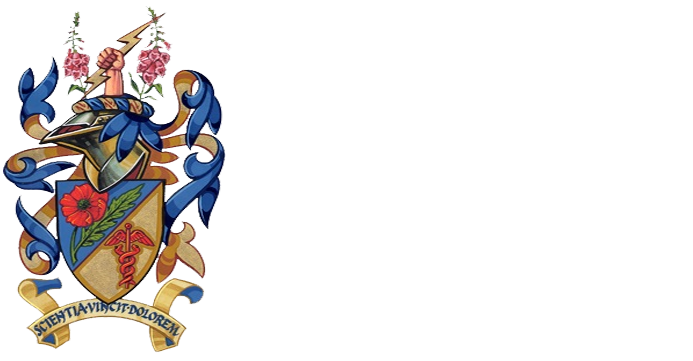
Grants Awarded 2017
There had been a very positive response to the 2016/2017 advertising for grant applications, with 7 PhD applications and 10 small Grant. All 17 applications received were Peer reviewed and discussed with the members of the committee and the Pain Relief Foundation are pleased to announce the following grants have been awarded
Research Grants awarded
A research grant to Dr Abbie Jordan, University of Bath
(£60,100)
Keeping on track: Exploring socio-developmental challenges faced by young people with ongoing pain and their families
This PhD studentship will involve conducting a number of related studies to examine some of the particular difficulties that young people with ongoing pain report with engaging with everyday teenage activities. Such difficulties might include visiting friends or becoming more independent from parents. We will use a variety of different research methods to examine exactly what these challenges look like for young people and how these challenges affect the lives of young people who experience ongoing pain and families. Study findings will help healthcare professionals to work with young people and their families to identify ways of supporting young people to engage with age appropriate teenage activities despite experiencing pain
2017 – 2020
A research grant to Dr Sarah Flatters, Kings College, London
(£60,000)
‘Causal mechanisms of chemotherapy- induced painful neuropathy’
Chemotherapy-induced painful neuropathy (CIPN) is the major dose-limiting side-effect of several widely-used, first-line chemotherapeutics impacting survival and quality of life in millions of patients worldwide, every year. There is no treatment to prevent or reverse CIPN. Thus, the emergence of neuropathy causes dose reduction or cessation of effective cancer treatment, limiting patient survival. This studentship aims to facilitate the development of adjunct therapies for CIPN by understanding how CIPN occurs.
2017 – 2020
A research grant to Prof Qasim Aziz, Queen Mary University of London
(£29,855)
‘Partnered study: A prospective, randomized study of PARAsympathetic modulation with slow deep breathing for the management of oesophageal pan hypersensitivity in Non o Erosive Reflux Disease’
Slow deep breathing has long been recognised to be important for relaxation and has been used in yoga, and mindfulness strategies. There has been recent evidence that this technique can also be helpful in pain management. We have done a pilot study in health subjects and shown that it works in reducing oesophageal (gullet) pain to acid infusion.
We now want to do a study of slow deep breathing in patients who have increased oesophageal sensitivity due to recurrent acid reflux to see if we can improve their symptoms without the use of drugs that tend to cause side effects. Success in our studies will open the way for this method to be used in other painful conditions such as Irritable Bowel Syndrome and Fibromyalgia.
2017 (6 months)
A research grant to Dr Andrew Marshall, Liverpool John Moores University
£27,660
‘Investigating the second order spinal projection pathway of C- Tactile afferents and their contribution to pain processing’
(2017-2019) (15 months)
A research grant to Dr Michael Bonello, Walton Centre NHS, Foundation Trust, Liverpool
£15,043
‘Open-label pilot study using repetitive transcranial magnetic stimulation as a treatment for pain in Parkinson’s disease’
Transcranial magnetic stimulation (TMS) is a procedure that has been shown to improve pain in chronic sufferers. It is a well-tolerated procedure that can be performed on an outpatient basis. It uses a plastic covered coil that sends a magnetic pulse through the skull into the brain and by targeting particular areas in the brain it can be used to help modulate the perception of pain.
We intend to study the use of this technique to treat such a disabling symptom in patients who suffer from Parkinson’s Disease (PD). Initially we want to study this technique in ten patients who are suffering from pain and have PD. These patients would initially require an MRI scan which allows us to map the brain and target the correct brain areas for the delivery of the stimulation. The stimulation would be performed over twelve sessions and the patients would be assessed by a clinician using well recognised clinical tools.
We anticipate a meaningful improvement in pain. We also anticipate it is a safe technique to use in patients with PD. We intend to use this study to help plan a future study that compares TMS with sham technique to prove whether TMS could be an option in the treatment of such a disabling condition.
(2017-2018)
A research grant to Jilly Horner , Liverpool John Moores University
£ 4,200
‘Living with Fibromyalgia- the patient perspective’
( 2017)
A Grant to Prof Nurmikko and Dr Bernhard Frank
£20,000
‘Transcranial magnetic stimulation (TMS) for clinical use’
(2017)
